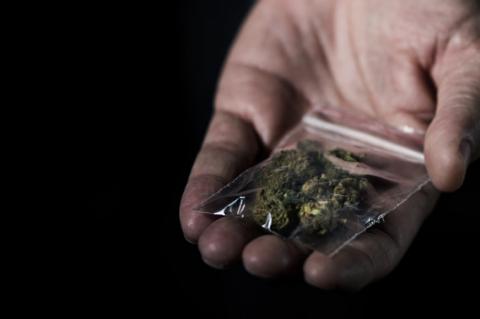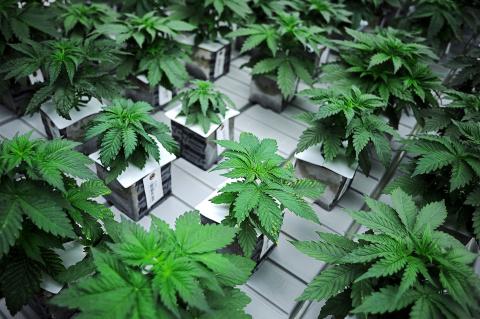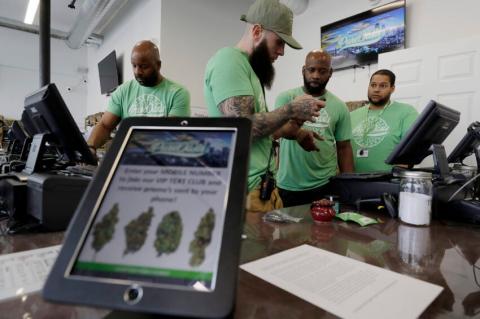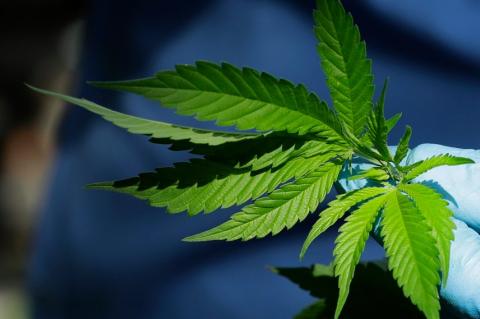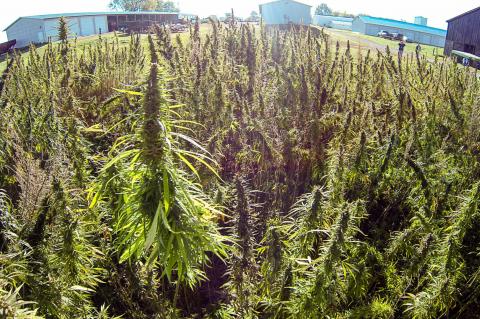California passes $1 billion in cannabis tax revenue two years after launching legal market
Millions go to child care, public safety and research, but growth stagnates as regulated industry struggles to compete.
California has raised $1 billion in cannabis tax revenue since the industry kicked into gear in January 2018, according to figures recently released by the state.
The bulk of that $1.03 billion in tax money, after covering regulatory costs, has been spent on programs such as child care for low income families, cannabis research, public safety grants and cleaning up public lands harmed by illegal marijuana grows.


